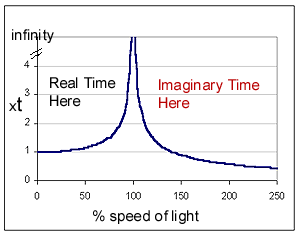Battery-Powered Balancing Robot DIY STEM Kit
$9.99$5


 'In a way science is a key to the gates of heaven, and the same key opens the gates of hell, and we do not have any instructions as to which is which gate.
Shall we throw away the key and never have a way to enter the gates of heaven? Or shall we struggle with the problem of which is the best way to use the key?'
'In a way science is a key to the gates of heaven, and the same key opens the gates of hell, and we do not have any instructions as to which is which gate.
Shall we throw away the key and never have a way to enter the gates of heaven? Or shall we struggle with the problem of which is the best way to use the key?'